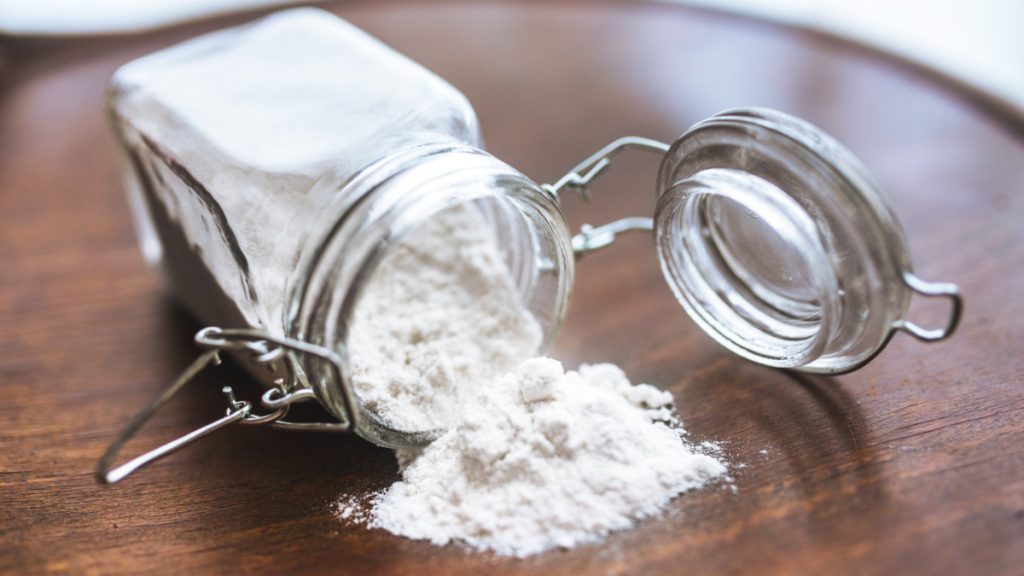Sodium Carboxymethyl Cellulose (CMC) is a versatile, water-soluble polymer widely utilized across various industries due to its unique properties. At KIMA CHEMICAL CO., LTD, we recognize the immense potential of Sodium Carboxymethyl Cellulose as a crucial additive that enhances product quality and functionality. This article explores the diverse applications, benefits, and industrial significance of Sodium Carboxymethyl Cellulose highlighting why it is indispensable in modern manufacturing and product formulation.
Understanding Sodium Carboxymethyl Cellulose
Sodium Carboxymethyl Cellulose is a cellulose derivative obtained by chemically modifying cellulose with carboxymethyl groups. This process renders the compound highly soluble in water, allowing it to function as a thickener, stabilizer, binder, and emulsifier in numerous formulations. The ability to alter viscosity and improve texture without compromising other product attributes makes Sodium Carboxymethyl Cellulose a preferred additive.
Industrial Applications of Sodium Carboxymethyl Cellulose
Food Industry
In the food sector, Sodium Carboxymethyl Cellulose serves as a thickening agent, stabilizer, and emulsifier. It is commonly found in products like baked goods, dairy items, sauces, and beverages. The additive improves texture, extends shelf life, and prevents ingredient separation, ensuring consistent product quality. Its non-toxic and biodegradable nature also aligns with food safety standards, making it a popular choice for food manufacturers.
Pharmaceutical Industry
Sodium Carboxymethyl Cellulose plays a vital role in pharmaceuticals, where it is used as a binder in tablets, a suspending agent in liquid medications, and a stabilizer in topical formulations. Its biocompatibility and safety profile allow it to be used in controlled drug release systems, enhancing therapeutic efficacy while maintaining product stability.
Personal Care and Cosmetics
In personal care products, Sodium Carboxymethyl Cellulose contributes to the viscosity and texture of creams, lotions, shampoos, and toothpaste. It helps stabilize emulsions, preventing separation of oil and water phases, and provides a smooth, pleasant application experience. This additive also aids in moisture retention, which is critical for skin and hair care formulations.
Paper and Textile Industry
The paper and textile industries benefit from Sodium Carboxymethyl Cellulose due to its film-forming and binding properties. It is used to improve paper strength, smoothness, and printability. In textiles, it acts as a sizing agent, enhancing fabric quality and durability during manufacturing processes.
Oil Drilling and Construction
Sodium Carboxymethyl Cellulose is also valuable in the oil drilling industry, where it serves as a viscosifier in drilling muds, improving lubrication and suspension of particles. In construction, it functions as a water retention agent and thickener in cement and mortar, enhancing workability and reducing cracking.
Advantages of Using Sodium Carboxymethyl Cellulose
Versatility
One of the most significant advantages of Sodium Carboxymethyl Cellulose is its multifunctionality. It can be tailored to meet specific industry needs by adjusting molecular weight and substitution degree, making it highly adaptable.
Safety and Environmental Friendliness
Being derived from cellulose, a natural polymer, Sodium Carboxymethyl Cellulose is biodegradable and non-toxic. Its use contributes to safer, environmentally responsible product formulations.
Cost-Effectiveness
Sodium Carboxymethyl Cellulose is relatively inexpensive compared to synthetic alternatives, offering industries a cost-effective solution without compromising quality or performance.
Enhances Product Stability and Performance
By improving viscosity, texture, and stability, Sodium Carboxymethyl Cellulose extends the shelf life of products and enhances consumer satisfaction through consistent quality.
Quality Standards and Specifications
At KIMA CHEMICAL CO., LTD, we ensure that our Sodium Carboxymethyl Cellulose complies with stringent quality standards, including food-grade, pharmaceutical-grade, and industrial-grade specifications. Rigorous testing guarantees purity, viscosity, and safety, tailored to meet diverse customer requirements.
How to Choose the Right Sodium Carboxymethyl Cellulose Grade
Consider Application Requirements
Different industries demand varying viscosity levels and purity grades. For instance, food and pharmaceutical applications require higher purity compared to industrial uses.
Molecular Weight and Degree of Substitution
These chemical parameters influence the solubility and thickening ability of Sodium Carboxymethyl Cellulose, impacting its performance in specific applications.
Supplier Reliability
Partnering with a trusted supplier like KIMA CHEMICAL CO., LTD ensures consistent quality, timely delivery, and technical support for seamless integration into your production line.
Future Trends and Innovations
The demand for Sodium Carboxymethyl Cellulose is expected to grow as industries seek sustainable and efficient additives. Innovations in bio-based chemicals and green manufacturing processes will further enhance its applications and environmental profile.
Conclusion
Sodium Carboxymethyl Cellulose is a powerful, multi-use additive that continues to transform various industries with its exceptional properties. From improving food textures to enhancing pharmaceutical formulations and supporting industrial processes, its versatility is unmatched. At KIMA CHEMICAL CO., LTD, we are committed to providing high-quality Sodium Carboxymethyl Cellulose that meets your exact needs, helping your business thrive with innovative, reliable solutions. Incorporating this indispensable additive into your products ensures superior performance, safety, and customer satisfaction, making it a smart choice for forward-thinking companies across the globe.


